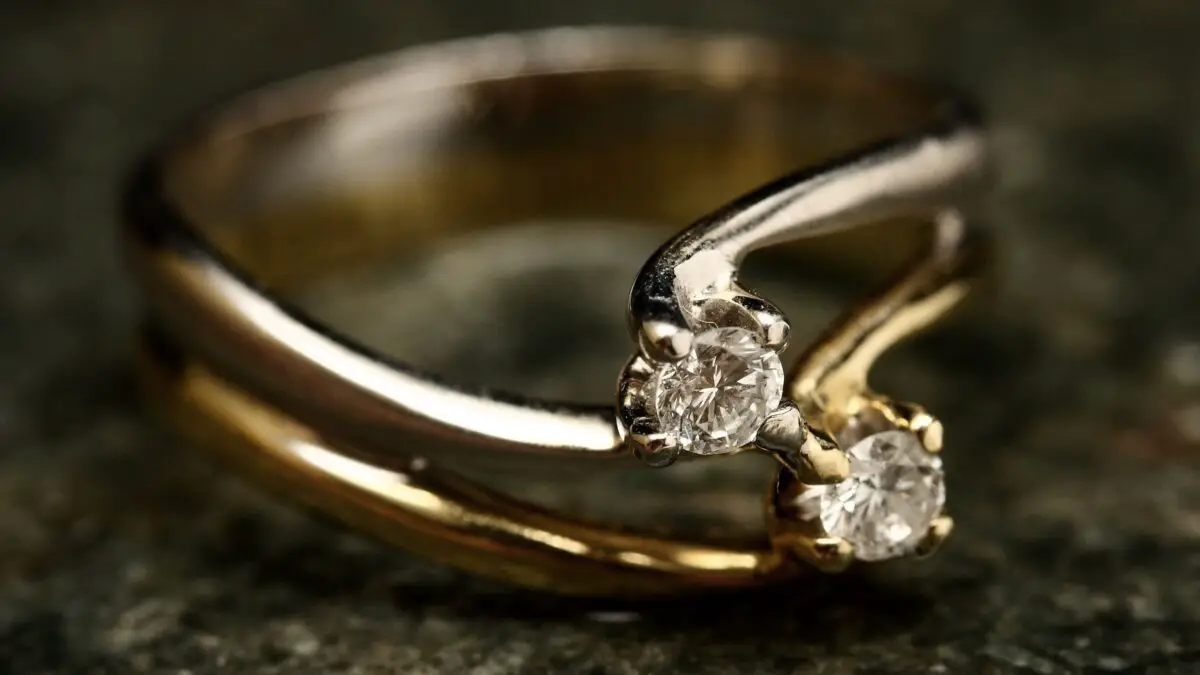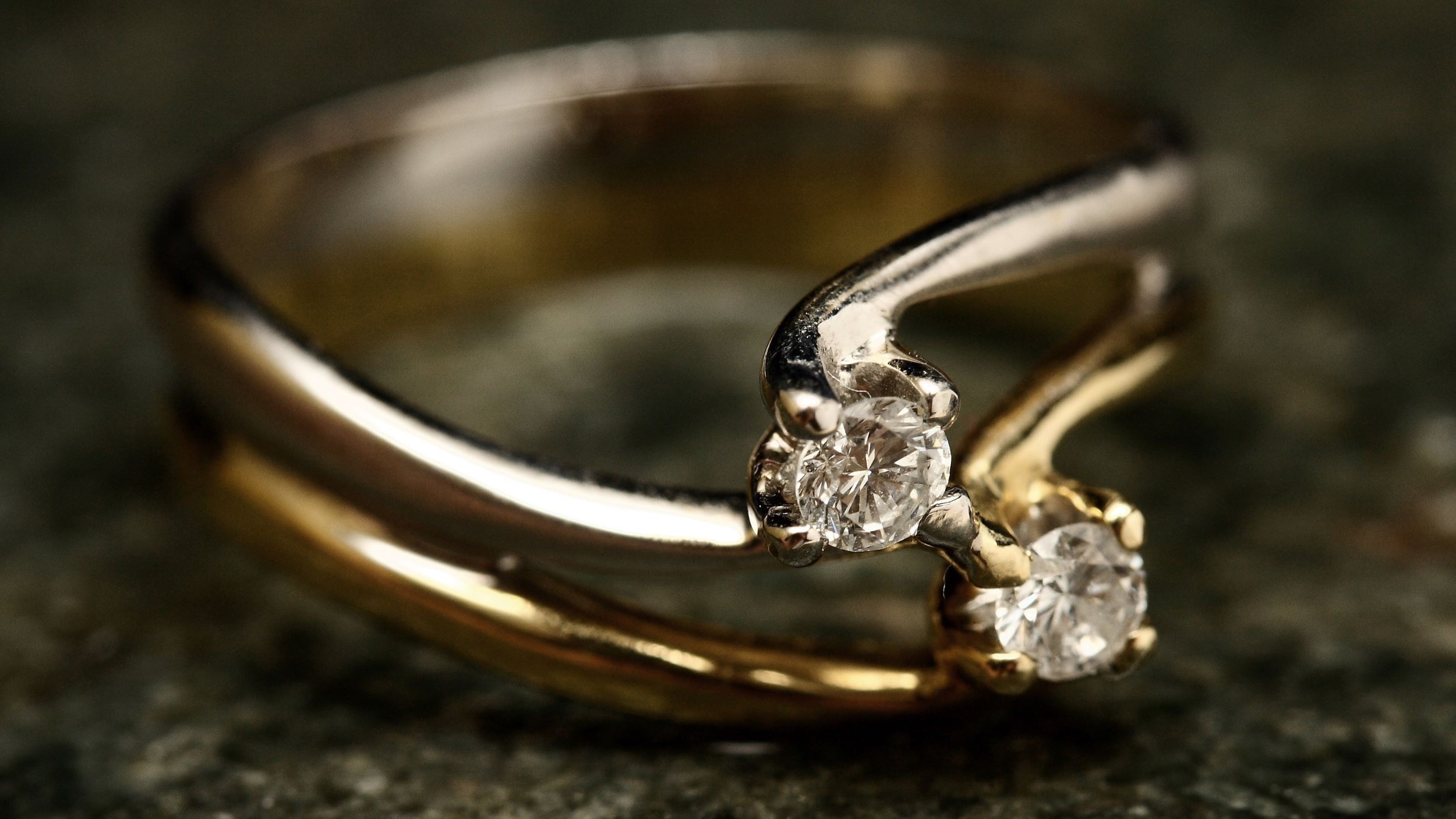The words valuable and invaluable might appear, at first glance, to be antonyms (opposites) because the prefix ‘-in’ means ‘not’. However, they actually have similar meanings and therefore can be easily confused as false opposites.
Here we will look at the difference between valuable vs invaluable: what the words mean, the differences to be aware of, and how to use them correctly.

What is the difference between valuable vs invaluable?
If we describe something as valuable, it means it has great worth or value. So why, when we add the prefix ‘in-‘, meaning ‘not’, doesn’t it describe something with little or no worth?
There are many other word pairs where the prefix ‘-in’ does create an opposite, for example:
- Expensive / inexpensive
- Active / inactive
- Significant / insignificant
- Formal / informal
To answer the question of why valuable and invaluable are not opposites, we need to take a closer look at the origin of the words.
valuable = value (verb) + -able
The suffix ‘-able’ means ‘can be’, so when we describe something as ‘valuable’ we’re really saying that it has a significant enough value that it is able to have its value estimated.
Now it makes more sense when we add the prefix ‘in-‘:
invaluable = in- + value (verb) + -able
In other words, something invaluable is unable to have its value estimated.
In the 17th century, ‘invaluable’ was used to mean both ‘worthless’ and ‘priceless’ but nowadays only the latter meaning is in use.
Do valuable and invaluable mean the same thing?
Although both words describe something of significant worth or value, there is a distinct difference in meaning between valuable vs invaluable.
Valuable
Generally speaking, we use valuable as an adjective to talk about something with monetary worth.
“I hope that my collection of toy cars will be valuable one day.”
“I never take anything valuable with me when I go camping.”
“That vase looks like it could be valuable. Is it an antique?”
We can also use valuable as a noun, usually in the plural, to refer to things with significant monetary value:
“Make sure you keep your valuables out of sight when walking around a busy city.”
“Our house was broken into but luckily they didn’t take any of our valuables.”
Invaluable
Invaluable is generally used to describe something that is precious or useful but has no monetary value, or for something that has a non-monetary value that outweighs any monetary worth.
“Annabelle’s support was invaluable during my first week in my new job.”
“Mr Jones told police that the stolen watch was invaluable as it had been a gift from his late wife.”
“Being featured on the front cover of the magazine gave his career an invaluable boost.”
A common synonym for invaluable is ‘priceless’. Both words suggest that something carries such great personal or sentimental worth that you can’t put a price on it.
There is no noun equivalent of ‘invaluable’; it is only used as a verb.
So what is the opposite of valuable?
If invaluable is not the opposite of valuable, which words can you use instead?
Possible antonyms of valuable are:
- Cheap
- Worthless
- Inexpensive
- Of little value
- Not worth anything
For example:
“I thought this ring was valuable but it turned out to be of little value.”
“Without the original box, this retro game is completely worthless.”
Possible antonyms of invaluable are:
- Worthless
- A waste of time
- Pointless
- Fruitless
The last three listed here could be used to describe something that required some time or effort but proved to be not worthwhile. Had the effort paid off, it could have been described as ‘invaluable’. For instance:
“He did everything he could to get her attention, but his efforts were fruitless.”
“It’s a waste of time trying to spend quality time with my children. They are only interested in my money.”
Summary: Valuable or invaluable?
Hopefully, you now have a better understanding of the difference between valuable and invaluable and how to use these words appropriately in English.
In practice, the word ‘valuable’ is suitable for most situations where you want to describe something of value, whether it has monetary worth or not. If you are confident using ‘invaluable’ to emphasize the value of something with no monetary worth, even better.
Are there any other confusing words like invaluable vs valuable that you would like us to explain? Leave a comment below to let us know!






